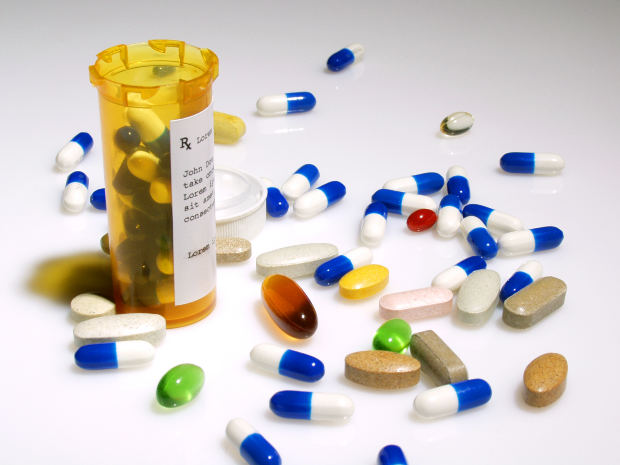Dinesh Thakur, a former employee of Ranbaxy, will receive $48.6 million for his role as the lead whistleblower in the case against the India-based generic-drug company. The company pleaded guilty to seven counts of “selling adultered drugs with the intent to defraud, failing to report that its drugs didn’t meet specifications, and making intentionally false statements to the government.” Ranbaxy paid a total $500 million in criminal penalties.
Thakur began his work at Ranbaxy in early 2004 after he was recruited from the brand-name pharmaceutical company Bristol-Myers Squibb (BMY) based out of New Jersey. As the new director of project information and management, he learned Ranbaxy was in trouble in August 2004, during a meeting with his boss Dr. Rajinder Kumar, Ranbaxy’s head of research and development. Kumar disclosed to Thakur that during an inspection of Vitma Laboratories (a clinical testing lab Ranbaxy hired to test its antiretroviral-ARV-AIDS medication) the World Health Organization (WHO) had discovered that Vitma had fabricated test results. Kumar also disclosed to Thakur that the fabricated test results were not limited to the ARVs Ranbaxy had been producing; rather inventing false data and covering up original test data had been a common practice throughout the company for years.

After the initial allegations from the Vitma incident, Thakur assigned project managers to compare the data Ranbaxy had about its other various drugs with data collected by regulators. Thakur also met with a company official where he was informed that the basic company culture was to manipulate data to achieve the results it wanted in order to have the drugs approved and put on the global market. The company regularly forged, backdated and lied to regulators about its operating and manufacturing procedures. Ranbaxy’s scientists also made it known to Thankur that it frequently substituted ingredients in medications for less expensive, low quality ingredients in order to manage production costs, as well as manipulated testing parameters by substituting brand-name drugs for their own drugs in order to accomplish better testing results. Some drugs made by Ranbaxy had never been tested, and the company essentially put millions of patients at risk.
Continue reading
 Drug Injury Lawyers Blog
Drug Injury Lawyers Blog












